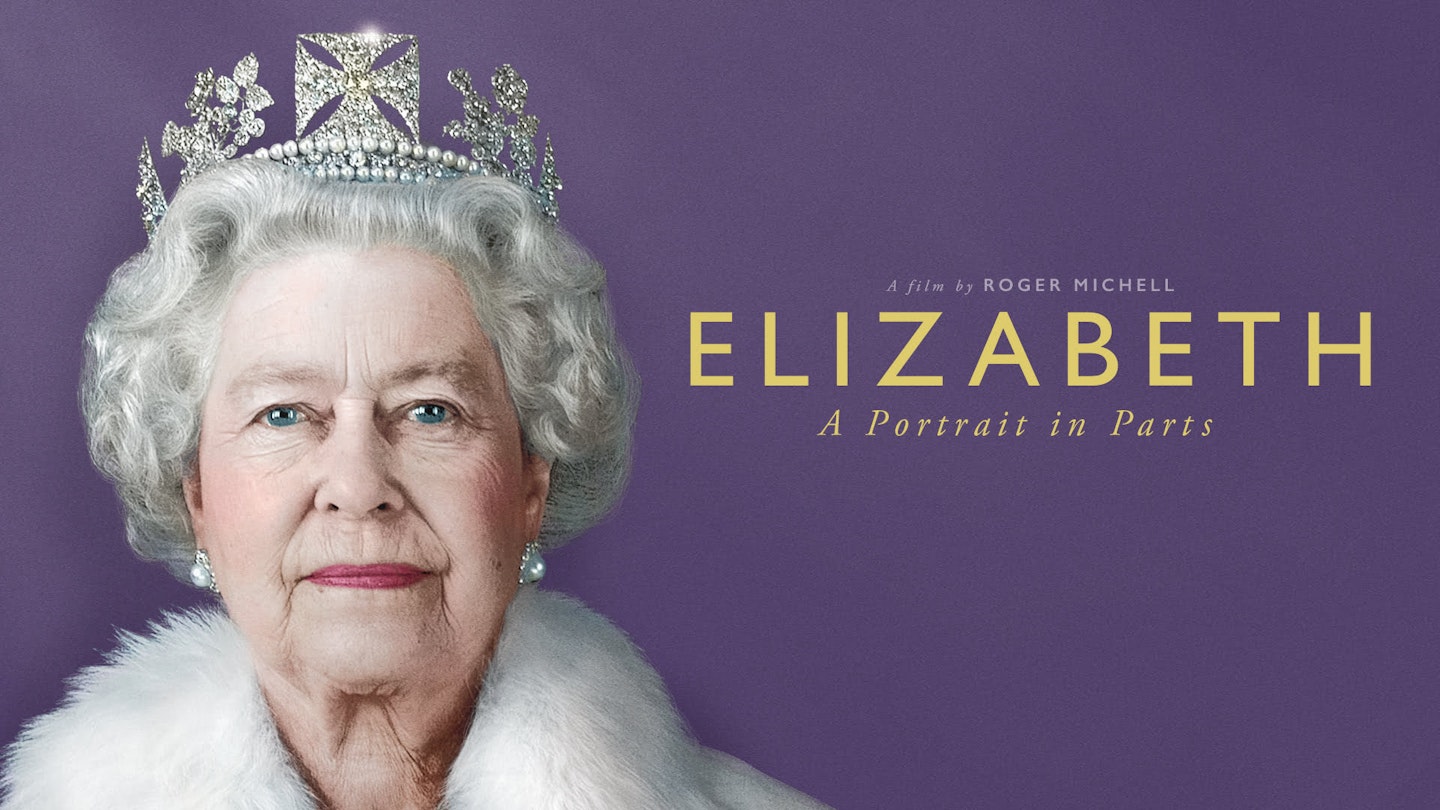Royal documentaries are set to be ten-a-penny in a jubilee year. (Small-r republicans should probably avoid the BBC schedules over the bank holiday weekend.) It’s a bold move from any filmmaker to try to find a fresh take on the most public of lives. But the ever-unpindownable late director Roger Michell (Notting Hill__, Changing Lanes) has somehow found a slightly different way of telling Queen Elizabeth II’s story. It might not offer any earth-shatteringly new revelations, but it’s an example of how smart filmmaking can make you look twice at something you thought you knew.
Michell’s final film (according to producer Kevin Loader, the director finished sound mix hours on the day of his death in September 2021), it retells a well-known story entirely through an edited patchwork collage of archival clips spanning the Queen’s entire life. Inevitably, given how unbelievably famous she is, there is stuff you will have seen before. There are snippets of the 1953 coronation, the first to be broadcast on television. There is the footage of the Queen receiving flowers from the crowd after Diana’s death, during a rare wobble in her personal popularity. There are endless shots of waving-at-crowds, Her Maj’s stock-in-trade.
But with the benefit of deep research, combing through decades of archives, there are also plenty of remarkable, unguarded moments: a surprisingly fun encounter with David Attenborough where he notes a sundial at Buckingham Palace is sat in the shade (“Yes, isn’t it good?” she deadpans, before asking a Palace official to move it). There is B-roll taken from before an interview, where she seems relaxed and witty, a proper peek-behind-the-curtains.
There are bleaker, less purely patriotic moments, too: one chapter, titled ‘Horribilis’, includes everything from Diana’s death to her children’s divorces to Prince Andrew claiming he can’t sweat, and some extraordinary 1992 news footage — largely forgotten by the worshipful British broadcasters — which saw the Queen jeered and booed by hostile crowds during a historic visit to Dresden, a city destroyed by British bombers.
Michell’s tone is affectionate, but lightly irreverent — he sets it all to an eclectic soundtrack which includes George Formby, Robbie Williams and Stormzy — and his aim is clearly to show an unseen side to an inscrutable British icon. An explicit connection is made to the Mona Lisa, another iconic female enigma, and the film quotes a 1991 BBC drama, in which Prunella Scales played Elizabeth. “Portraits are supposed to be frightfully self-revealing,” she says. “To show what one’s really like.”
It’s an impossible task, of course, and not entirely successful here. The non-judgemental perspective — there is no voiceover, leaving the editing to tell the story — makes it feel frustratingly apolitical, and there’s little mention of the republican movements that have sprung up, especially among the remnants of the British Empire. But as a piece of documentary filmmaking, it’s an impressive feat, and a fitting postscript to Michell’s prolific, endlessly interesting career.
